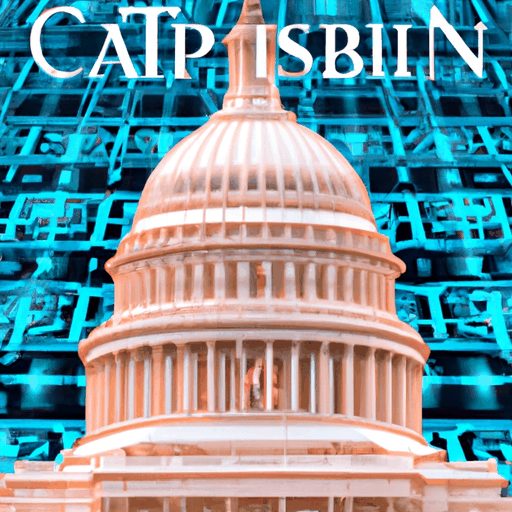
US Stablecoin Legislation: A Game Changer?
By: Isha Das
The United States is preparing to take significant steps towards stablecoin regulation with the impending arrival of the GENIUS Act on President Trump's desk, expected within the next two months. The legislation, which passed the Senate Banking Committee with bipartisan support, is designed to establish clear regulatory frameworks for stablecoin issuance, maintaining the dominance of the US dollar in digital transactions. Bo Hines, Executive Director of the Presidential Working Group on Digital Assets Markets, emphasizes the potential transformative impact this bill could have on financial markets, describing it as a major legislative piece that propels the United States forward.
Hines stressed the strides made by the Presidential Working Group in realizing Trump's objectives in the crypto sector. The group, created by Trump through an executive order, is tasked with creating a regulatory ecosystem that enhances clarity and supports innovation within the cryptocurrency space. Hines noted the group's progress in whittling down barriers to institutional adoption and fostering innovation, underlining the collaborative nature of the efforts between varying regulatory bodies as they work towards common goals.
Meanwhile, U.S. Representative Ro Khanna expressed optimism at the Digital Assets Summit that both stablecoin and broader cryptocurrency market structure bills should be completed this year. Highlighting the convergence of focus among Democrats on the importance of stablecoin rulemaking in augmenting America's global influence, Khanna pointed out the potential benefits of making cryptocurrencies more accessible. This convergence could amplify the United States' ability to facilitate digital financial inclusion worldwide, potentially extending access to the US currency.
The GENIUS Act, or the Guiding and Establishing National Innovation for US Stablecoins, articulates collateralization guidelines for stably-pegged digital currencies. It mandates that stablecoins be backed on a 1:1 basis by US dollars, insured bank deposits, or short-term Treasury bills, ensuring their stability and compliance with Anti-Money Laundering standards. The legislation's passage serves as a beacon for further innovative strides, and Hines underscores the necessity for legislation to remain flexible to integrate future technological advancements, solidifying the US's role as a leader in digital asset regulation.



